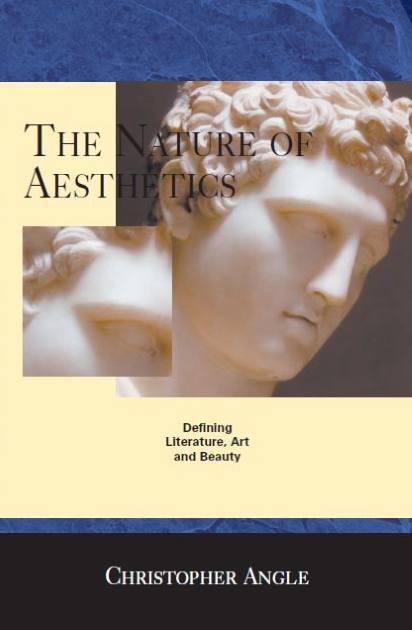By Christopher angle
The Philosophical Equations of Economics
The Philosophic Equations of Economics is an enhanced explanation of economic theory explaining the relationship between Philosophy and Economics.
This book notes that Economic Theory has:
– Modular and Quantifiable Components
– An Unifying Equation That Describes Supply and Demand.
– Unique and Convincing Derivation of the Inherent Right to Property
– A Proof of the Inefficiency of Mercantilism
– The Relationship Between Knowledge, Efficiency, and Economic Theory.
The decision making process is modular with specific components and this includes the economic decision. Hence, economic problems and issues can be analyzed and quantified knowing these components.
This work finally gives a quantitatively definitive answer to issues, such as Mercantilism vs. Free Trade and Socialism, as opposed to Free Market Economics. The impact and influence on economic thought will be profound.
Author & videocaster
Chrisopher Angle
The author, Chris Angle, took an interest in philosophy starting at the University of Michigan where the courses introduced him to the many famous works among which were the dialogues of Plato and the character of Socrates which intrigued and influenced him forever afterwards.
At the U of M, Angle decided that he would write philosophical works of his own. But preparatory to that, he realized that in order to begin this endeavor, he should have to be able to define philosophical concepts.
Angle found that to understand these concepts, learning about the biological history and evolution of man would be insightful. And, indeed it was. Angle’s explications of many philosophical concepts often involve reference to biological anthropology.
Other Books
Truth and Nature of Decisions
This work finally gives a quantitatively definitive answer to issues such as Mercantilism vs. Free Trade and Socialism as opposed to Free Market Economics. The impact and influence on economic thought will be profound.
Defining Ethics Good & Evil
Ethics is the study of the good and bad in behavior and the essence of this good is respect. That is, the more respectful the behavior of an action, the more it is ethical, and this respect is rooted in the evolutionary need for survival.
The Nature of Aesthics
Chapter One and Two define literature and art as the expression of how an author or artist sees his world and distinguishes this from other types of expression such as a newspaper article, lab report, etc. through the composer, author, or artist’s use of his interior originating experiences.
This work notes that economics is a social science wrapped within a natural science, and therefore, can have a quantifiable description which Mr. Angle notes with one unifying equation.





